Please welcome author Laurie Buchanan! Laurie writes an award-winning thriller series about an injured ex-cop who recovers at his sister and brother-in-law’s writing retreat, Pines & Quill, in the Pacific Northwest and becomes the groundskeeper. I’ve gotten to know Laurie through her substack (appropriately named Pine & Quill) and enjoy her writing and photography. Laurie, welcome.
Tell us a little about yourself and the latest novel in your award-winning Sean McPherson series.
I’m Laurie Buchanan, and I call the picturesque Pacific Northwest home. My husband, Len, and our eighty-six-pound dog, Henry, share this adventure with me. We live in a historic district by a serene river, perfect for our long, daily walks. These walks are a treasure trove of inspiration, where Len and I immerse ourselves in audiobooks, and I capture moments for my social media posts.
The most recent book in the Sean McPherson series, Iniquity, book four, hit the shelves in April 2024. In a nutshell, when a human trafficking ring kidnaps PI Sean McPherson’s pregnant wife, McPherson learns the lines he’ll cross. Because when a person has it all, they have everything to lose.
Are you like Sean “Mick” McPherson in any way?
I share a strong sense of justice with Mick. While I’m not one for vigilante justice, I firmly believe that those who commit crimes in our society must be caught, held accountable, and face the consequences of their actions. It’s crucial for everyone to feel safe and secure, and my writing reflects this commitment to justice.
You’ve said that you base a lot of things in your novels on your real life. For example, your time at the Hedgebrook writers’ retreat is the basis for Pines & Quill, and a real-life stranger was part of the inspiration for Sean “Mick” McPherson. You’re also quite open in your online photos. How do you protect your privacy? Following up, how do you mentally separate your personal and public lives?
I take great care to protect my safety and privacy. I only share what I’m comfortable with the public knowing. For instance, I rarely specify exact locations in my photos, opting for general terms like “The Pacific Northwest.” When I shared pictures of my solo writing retreat, it was at an “undisclosed location.” My husband, our dog, or both join me on my walks. Len and I are both observant and practice situational awareness. We also carry pepper spray for added security. While I’m a proud grandmother, I never post photos of my grandchild. My private life remains just that—private.
My writing identity (the public me) allows people to learn about my creative work and the ethos behind it: what I create, how I create it, why I create it, what inspires me, and my writing hopes and dreams.
You have a background in psychology. In a past interview (with Shelley Blanton-Stroud of the Mystery Review Crew), you mentioned the differences between psychopaths and sociopaths, and you made the point that you can usually see a sociopath coming: they’re disorganized and don’t cover their tracks well. But psychopaths are a different story. Your crime boss character, Georgio Gambino, is definitely a psychopath! That’s terrific for a fiction thriller series, but not-so-terrific in real life. How can we learn to spot psychopaths in our own life? How can we protect ourselves from being hurt by psychopaths, or can we?
Thank you for the insightful question. Indeed, my background in psychology has greatly influenced my writing, especially in creating complex antagonist characters like Georgio Gambino. Psychopaths, unlike sociopaths, can be incredibly charming and manipulative, making them harder to spot in real life. However, there are some key traits to watch out for:
Lack of empathy: blatant disregard for other’s feelings.
Superficial charm: manipulate others with charisma and charm.
Deceit: frequent lies making it difficult to trust them.
No remorse: No guilt for their harmful actions.
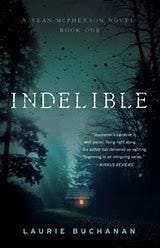
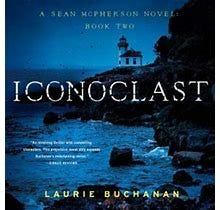
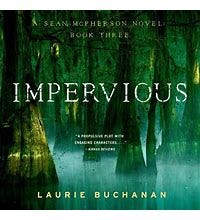
You’ve mentioned that your sister had hearing loss, and your grandfather was blind and a double amputee. You’re intentional about including characters who have disabilities in your novels. Representation is so important, but it needs to be authentic! How do you ensure that you’re accurately portraying characters who have different life experiences than you? Do you use authenticity readers? What’s one thing that television/books/movies consistently get wrong about people who have various disabilities?
After conducting thorough research, I hire freelance authenticity/sensitivity readers with a targeted focus: look for stereotypes and unconscious biases and identify any inaccuracies in my work.
To answer the second part of your question, one common misconception that television, books, and movies often perpetuate about people with disabilities is the idea that they are defined solely by their disability. This can lead to overemphasizing tragedy (a figure to be pitied) or inspiration (a superhero who overcomes their disability in extraordinary ways). And while these narratives can be powerful, they don’t reflect the everyday experiences of most people with disabilities.
Your books are thrillers and cover some dark subjects, such as human trafficking and murder, yet they still have a sense of optimism in them. How do you write about such dark subjects yet infuse hope into these dark stories? And why is doing this important to you?
Although my crime thrillers delve into dark themes, the throughline in each installment of the Sean McPherson series is hope. This theme balances the darker elements and instills a sense of optimism and resilience. It allows readers to confront challenging subjects while finding solace and inspiration in the strength of the human spirit, fostering a sense of possibility even in the face of adversity.
Who is your go-to crime thriller author?
There’s no way I can pick just one.
(Meredith note: Same here!)
My top six Crime Fiction (Thriller/Mystery/Suspense/Police Procedural) authors in alphabetical order are David Baldacci, Robert Bryndza, Ann Cleaves, Liv Constantine, Robert Dugoni, and Louise Penny.
What’s your favorite mystery/thriller book?
I’m a huge fan of book series. Here are my top three:
David Baldacci’s Atlee Pine series
Robert Bryndza’s Kate Marshall Private Detective series
Robert Dugoni’s Tracy Crosswhite series
And though I write about a male ex-cop turned private investigator, you’ll notice all of the protagonists in my favorite series are female.
Which of your series characters would you like to:
Buddy-read a book with (and what book)?
I’d like to buddy-read any of the previously mentioned book series with Sean “Mick” McPherson to get his reaction on how he gets the job done versus how they get the job done, then find out if he feels there are any differences and if so, what are they?
Hang out with at your favorite coffee shop/bakery?
I’d like to hang out at a coffee shop with Libby MacCullough (she and her husband, Niall, own and manage the fictional Pines & Quill writing retreat where the Sean McPherson novels are home-based). I’d love to pick her brain on managing the business side of things.
Have as a guest at a dinner party?
I wouldn’t want any of the series characters to be a guest at a dinner party I’m hosting because they’re used to Niall MacCullough’s gourmet cooking. And while I’m no slouch in the kitchen, I don’t begin to compare to his phenomenal meals.
Invite to the Pines & Quill writing retreat?
I just finished writing Insidious, book seven in the series, and I invited back Cynthia Winters, a previous writer in residence, to contribute her skills as a forensic intuitive.
Take a long walk with?
I’d love to take a long with Mick’s wife, Emma, to learn more about growing up with three older brothers she adores and about her work as a potter.
Murder (assuming you could get away with it, of course!)
No spoilers here, but I did murder someone in one of the books. And it was done at the hands of someone you’d never guess!
Out of curiosity, do you know of any true crime or ghost-story-type legends from your hometown?
In my town, there are six historic districts. I live in one that, among other things, has a “hanging tree” that was reportedly used for public executions in the late 19th century. It’s said that several hangings took place there, making it a grim reminder of this town’s early days when “justice” was often swift and public.
Two miles down the road from the hanging tree is an old penitentiary (no longer in use). It has a grim history of executions.
I live between those two places. And while many people say they’ve seen and heard the ghosts of people who died in those locations, I never have. At least least not yet . . .
Where can readers find you online?
Follow Laurie’s shenanigans:
Website: https://www.lauriebuchanan.com
Instagram: https://tinyurl.com/Laurie-Instagram
Facebook: https://tinyurl.com/laurie-facebook
Goodreads: https://tinyurl.com/Laurie-Goodreads
Substack: https://lauriebuchanan.substack.com
BookBub: https://tinyurl.com/Laurie-BookBub
Is there anything else you’d like readers to know?
The Sean McPherson series is available from your favorite bookseller in paperback, ebook, and audiobook formats.
Thank you so much, Laurie, for stopping by and sharing your work with me and my readers!




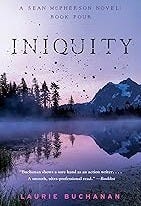
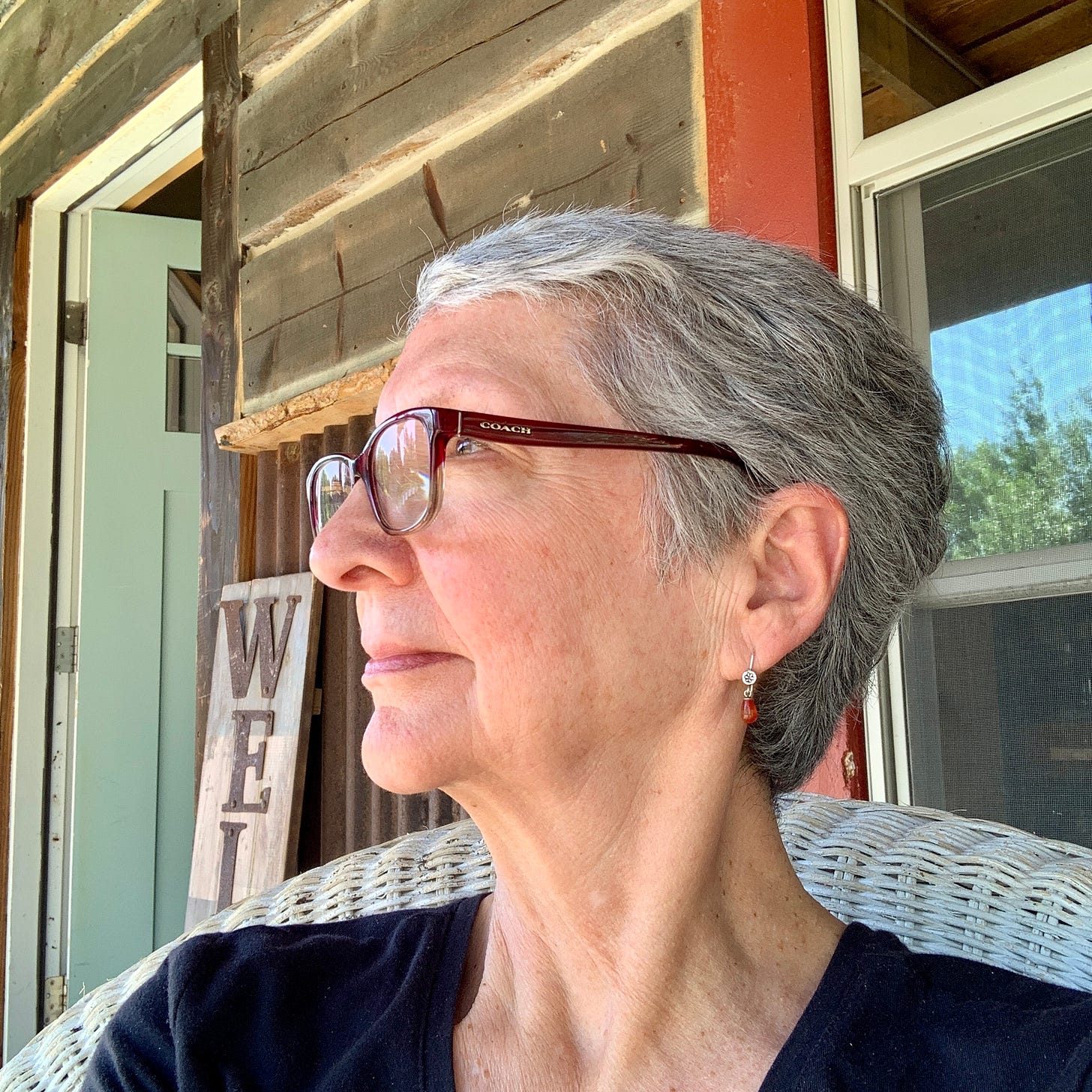
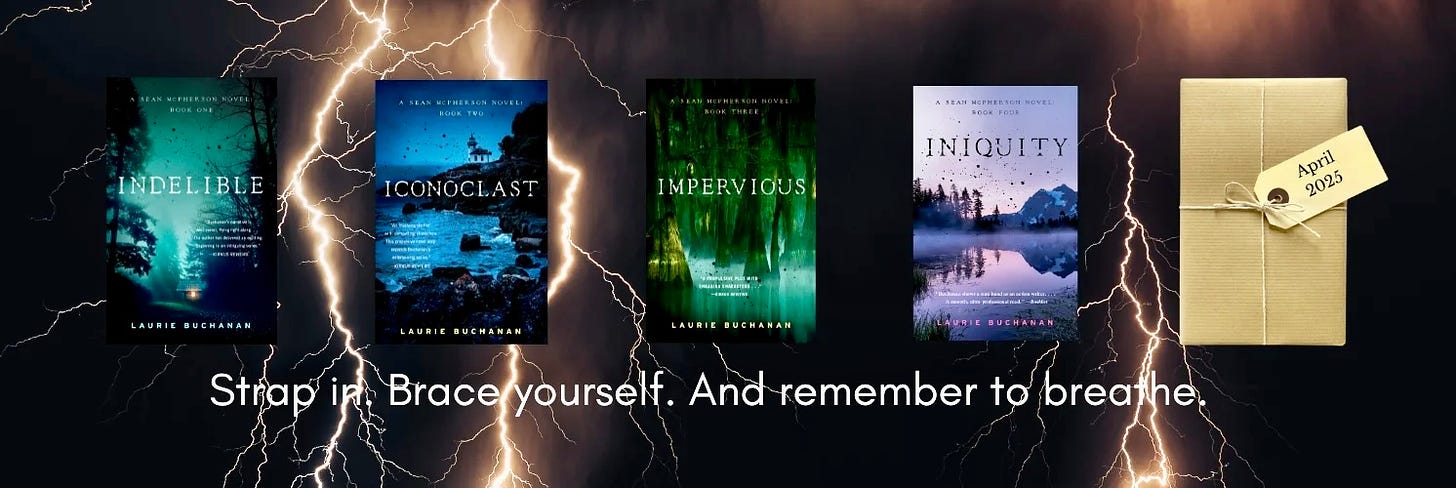
Great interview. A new to me author.
I enjoyed this interview. Thank you both. PS: I followed Laurie on IG ( ;